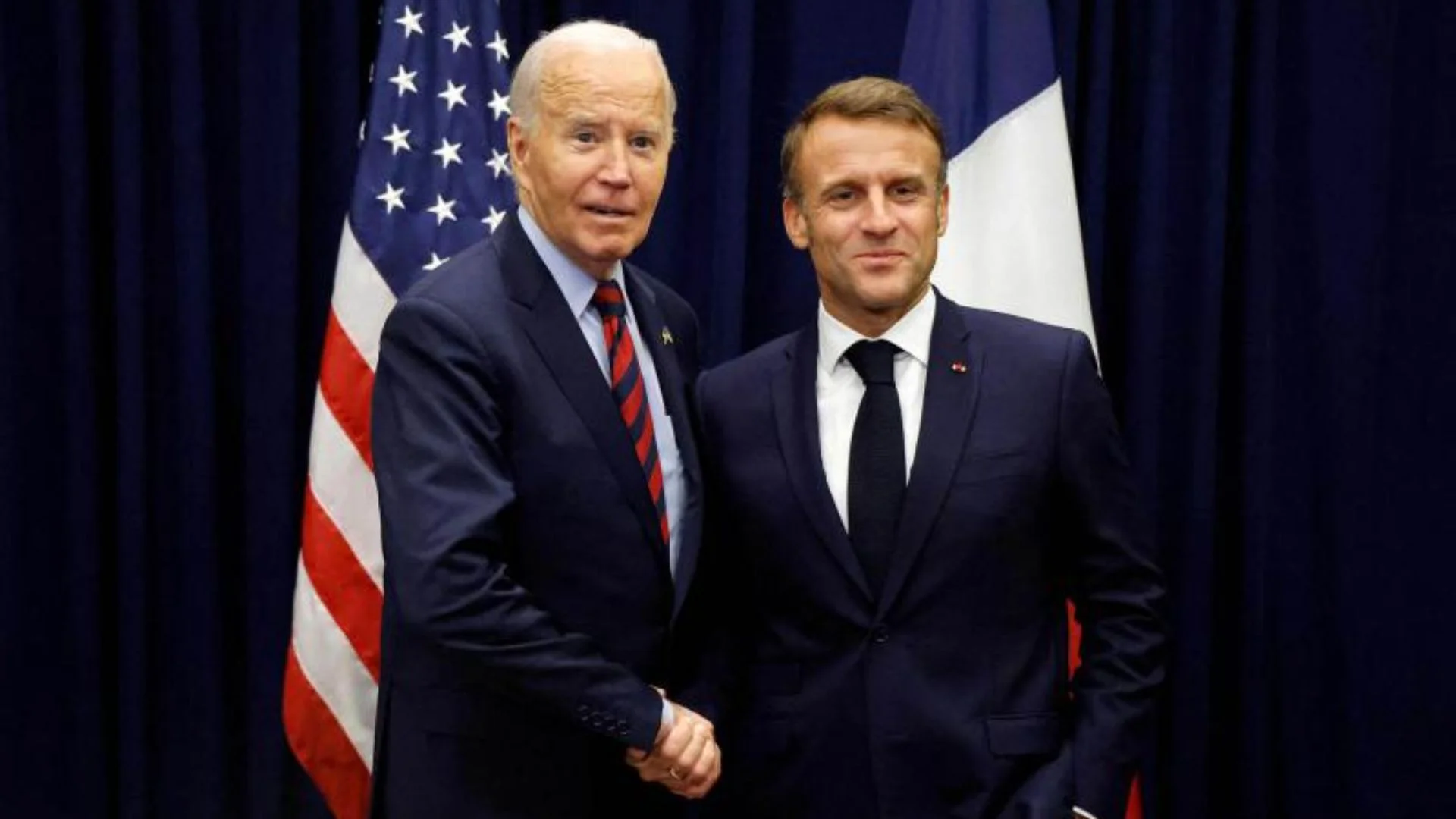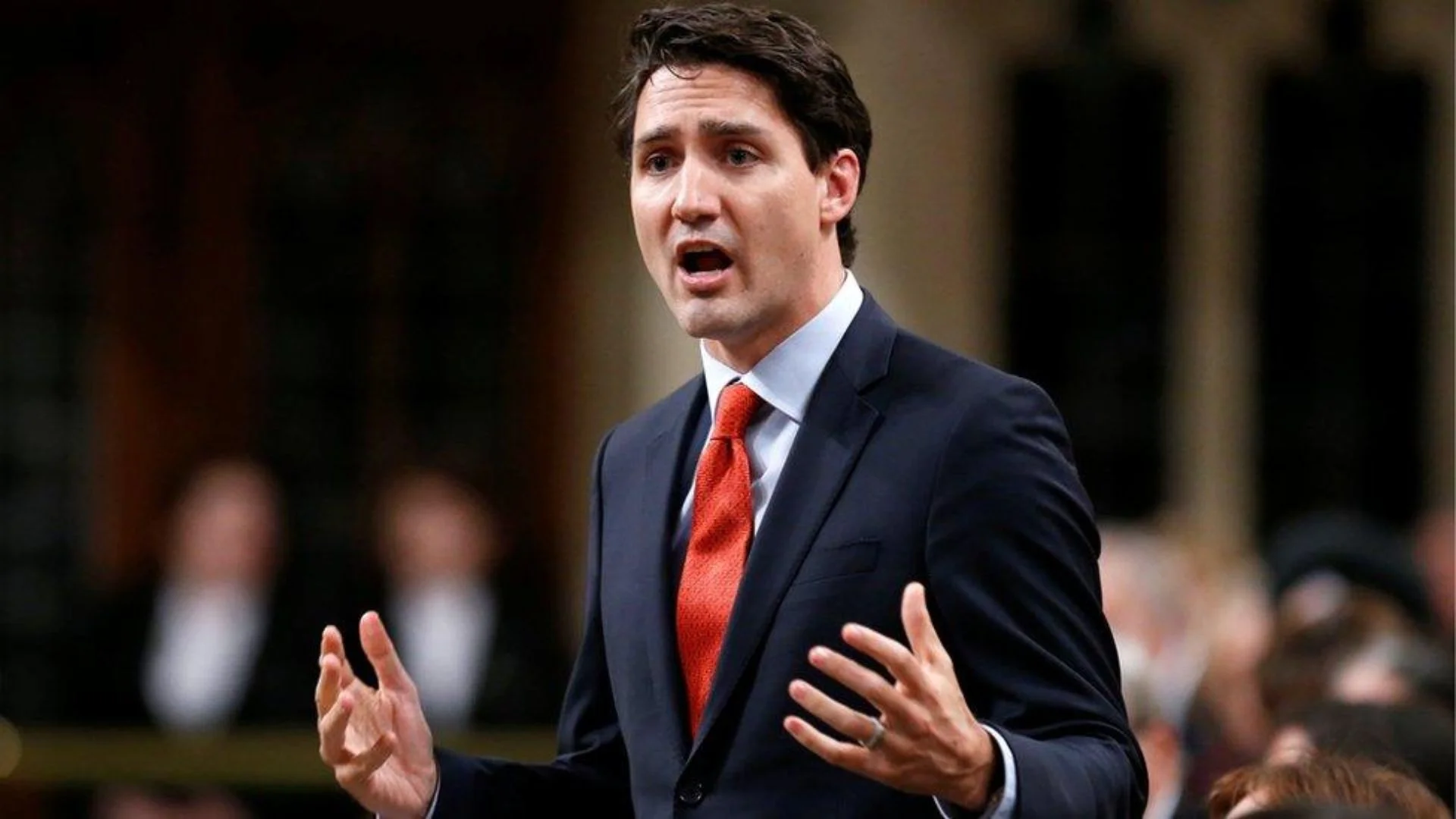
P rime Minister Narendra Modi, while addressing the concluding session of the 80th All India Presiding Officers Conference on Thursday, emphasised the need for ‘One Nation, One Election’.
The PM said, “It isn’t just an issue for deliberation but also a need of the country. Elections are held at different places every few months and it hampers development work and all of you know about it. Therefore, it’s a must to have a deep study and deliberation on ‘One Nation, One Election’. Only one voter list should be used for Lok Sabha, Vidhan Sabha and other elections. Why are we wasting time and money?” While the PM has spoken on this topic multiple times and consultations were held with multiple parties before the 2019 Lok Sabha elections, this was his strongest pitch yet.
At the event, PM Modi said that it was a day to remember the inspiration of Gandhi ji and commitment of Sardar Vallabhbhai Patel. He also remembered victims of the Mumbai terrorist attack which took place on that day in 2008. He paid tribute to the martyrs of the security forces and said that India is fighting terrorism in a new way today.
Referring to the Emergency, Modi said, “In the 1970s, an attempt was made against the dignity of separation of power but the answer to that came from the Constitution itself as decorum and separation of power is described in the Constitution itself.” After the emergency, the system of checks and balances kept getting stronger as the Legislature, Executive and Judiciary moved ahead learning from the episode. This was possible due to the confidence that 130 crore Indian citizens have in the government and this confidence has been strengthened with time, he added. “The strength of our Constitution helps us in difficult times. The resilience of the Indian electoral system and reaction to the pandemic has proved this,” he added. He also praised Members of Parliament for giving more output in recent times and taking a pay cut to help in the fight against Covid-19.
The PM further emphasised the need to spread the values of the Constitution. He said that just as KYC meaning “Know Your Customer” is a key aspect of digital security, “KYC” meaning “Know Your Constitution” can be a big shield for Constitutional safety. He stressed that the language of our laws should be simple and accessible to the common people so that they feel a direct connection with every law. He also added, “The process for weeding out obsolete laws should be simple and there should be an automatic system of repealing the old laws as we amend them.”
PM Modi then cautioned against the tendency of keeping projects pending. He gave an example of Sardar Sarovar, which had been stuck for years and kept the people of Gujarat, Madhya Pradesh, Maharashtra and Rajasthan away from the massive benefits which finally accrued when the dam was constructed.
The PM also stressed the importance of duties and that it should be treated as the source of rights, dignity and self-confidence. “Our Constitution has many features but one very special feature is the importance given to duties. Mahatma Gandhi was very keen about this. He saw a close link between rights and duties. He felt that once we perform our duties, rights will automatically be safeguarded,” he said.















